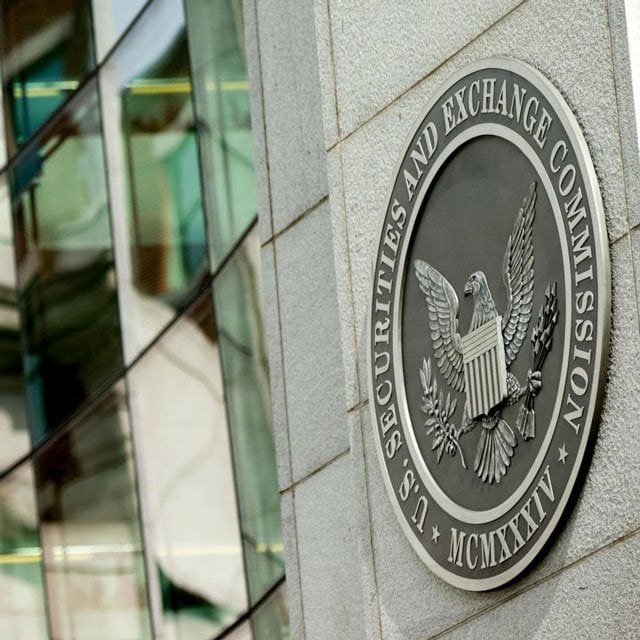9 Firms Hit by SEC Over 12b-1 Fees
Related: 4 Rules the SEC Plans to Review This Year
The Securities and Exchange Commission has continued to bring cases against advisors for 12b-1 fee violations since ending its Share Class Selection Disclosure Initiative in April 2020. Under the initiative, which the securities regulator launched in February 2018, the Division of Enforcement instituted a self-reporting program to protect advisory clients from undisclosed conflicts of interest related to 12b-1 fees and return money to investors. The division agreed not to recommend financial penalties against investment advisors who self-reported violations. James Lundy, a former attorney at the SEC who's now a partner at Faegre Drinker, based in Chicago, told ThinkAdvisor in a previous interview that some of the 12b-1 cases we are seeing now are "follow-ons to firms that have been under investigation for a year or two." The Share Class Selection Initiative "is over, but the SEC will continue to bring disclosure cases," he told ThinkAdvisor, with the newer aspect of violations focusing on "the revenue sharing component." Barbara Roper, the new senior advisor to SEC Chairman Gary Gensler, may push Gensler to eliminate 12b-1 fees, according to Ron Rhoades, associate professor of finance at Western Kentucky University and director of its personal financial planning program. Roper "likely regards [12b-1 fees] as confusing to consumers, not beneficial to a fund's shareholders, and as 'advisory fees in drag,'" Rhoades told ThinkAdvisor. "It is possible she could move the ball forward in this area, by suggesting their elimination." See the gallery for nine 12b-1 related actions the SEC has levied since ending the share class initiative. — Related on ThinkAdvisor:
© Touchpoint Markets, All Rights Reserved. Request academic re-use from www.copyright.com. All other uses, submit a request to [email protected]. For more inforrmation visit Asset & Logo Licensing.
Featured Resources
View All
Sponsored by Manulife John Hancock Investments
Exploring Private Credit's Journey to a Trillion-Dollar Asset Class









